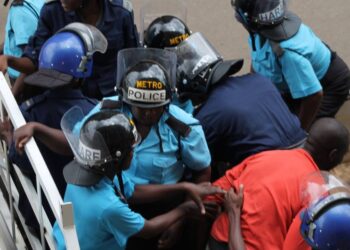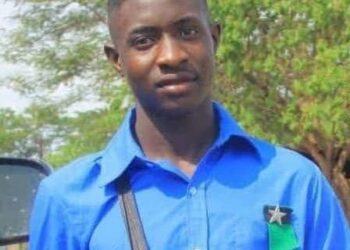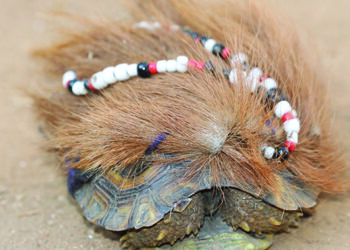Two families in the West Midlands are waiting for compensation in the first documented case of babies being switched at birth in NHS history.
It was only taken out of idle curiosity one rainy winter’s day – but the shocking result of a DNA test was to force two women and their families to reassess everything they knew about themselves.
When Tony’s friends bought him a DNA home-testing kit for Christmas in 2021, he left it on his kitchen sideboard and forgot about it for two months.
It did not catch his eye again until one day in February. Tony was at home and bored because his weekly round of golf had been rained off. He spat into the sample tube, sent the kit off, and didn’t think about it for weeks.
The results came on a Sunday evening. Tony was on the phone to his mother, Joan, when the email arrived.
At first, everything looked as he’d expected. The test pinpointed the place in Ireland where his maternal family came from. A cousin was on his family tree. His sister was there too.
But when he looked at his sister’s name, it was wrong. Instead of Jessica, someone called Claire was listed as his full sibling (Jessica and Claire are not their real names – both have been changed, to protect the women’s identity).
Tony is the eldest of Joan’s four children. After three sons, she had longed for a daughter. She finally got her wish when Jessica arrived in 1967.
“It was a wonderful feeling, at long last having a girl,” Joan tells me.
However, she was immediately anxious when she heard there was something unexpected in Tony’s DNA results. He was, too, but he tried not to show it. Ten years after his father’s death, Tony’s mother was in her 80s and living alone. He didn’t want to worry her.
The next morning, he used the DNA testing company’s private messaging facility to contact Claire, the woman it claimed was his sister.
“Hi,” he wrote. “My name’s Tony. I’ve done this DNA test. You’ve come up as a full sibling. I’m thinking it’s a mistake. Can you shed any light on it?”
‘I felt like an imposter’
Claire had been given the same brand of DNA test two years earlier, as a birthday present from her son.
Her results had also been strange – there was no connection to where her parents were born, and she had a genetic link to a first cousin she didn’t know and couldn’t explain.
Then, in 2022, she received a notification – a full sibling had joined her family tree.
It was baffling. But in one way, it made perfect sense. Growing up, Claire had never felt like she belonged.
“I felt like an imposter,” she says. “There were no similarities, in looks or traits,” she tells me. “I thought, ‘yes – I’m adopted.’” BBC










